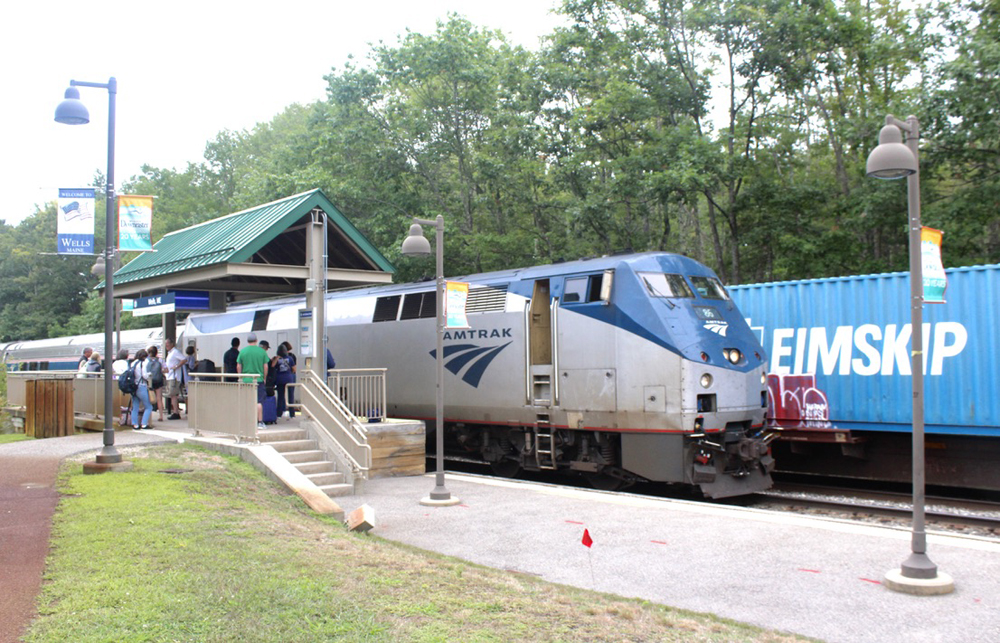
PORTLAND, Maine — Alcohol sales on the Northern New England Passenger Rail Authority’s Downeasters will be allowed to continue in New Hampshire while the officials work out a “creative solution” to address a state liquor law, the Associated Press reports.
That represents a reversal of a plan by the New Hampshire Liquor Commission to enforce a longstanding state law prohibiting the serving of alcoholic beverages unless the liquor was purchased in the state, as had been reported by the Portland Press-Herald.
The train’s liquor license is held by Portland-based NexDine, the outsourced food service company the rail authority uses to staff and supply the Downeaster’s cafe cars instead of contracting directly with Amtrak for that service. The AP report indicates the company had acknowledged it was inadvertently in violation of the New Hampshire law, but that the liquor commission was working on a solution that would set the stage for a “unique partnership between New Hampshire and Maine.”
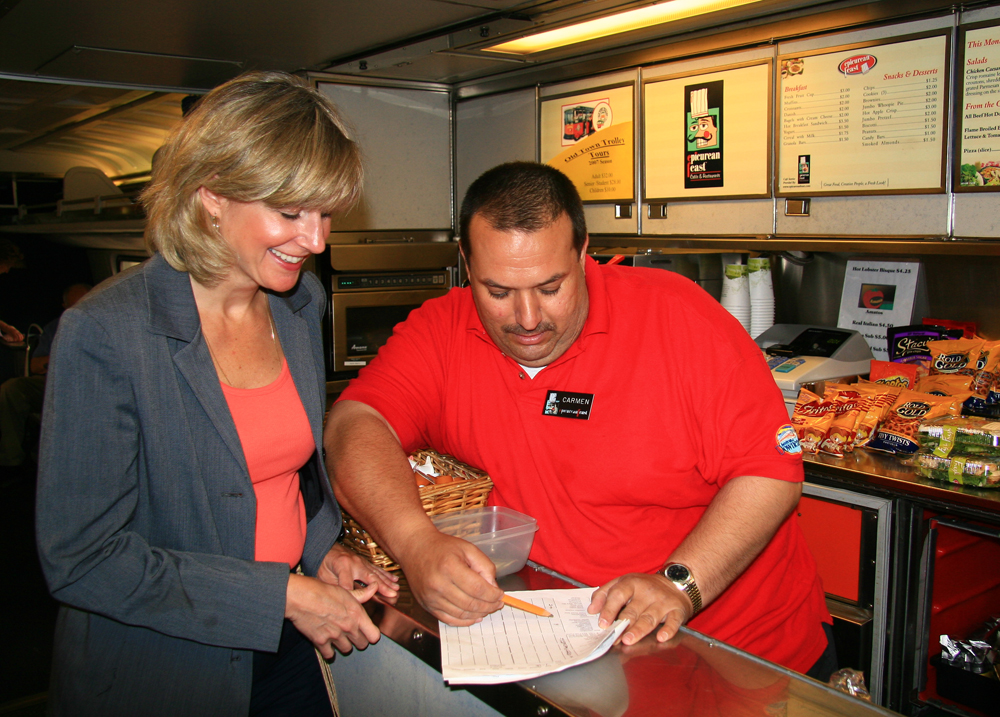
Patricia Quinn, NNEPRA’s executive director, said she was “very grateful” to learn the liquor sales need not be suspended during the 35-mile New Hampshire portion of the train’s trip. Downeasters make stops at Dover, Durham, and Exeter in the state and spend about 45 minutes traversing New Hampshire on a 3-hour, 20-minute run from Boston’s North Station to Brunswick, Maine.
The liquor issue was a throwback to an earlier era of passenger railroading. Even into Amtrak’s history, railroads had to abide by prevailing state liquor laws. For instance, law enforcement officials arrested and jailed a Texas Chief lounge car attendant for “operating an open saloon in violation of Oklahoma law” in 1972. Kansas banned all sales of alcohol into the 1970s and Sunday sales after that. Rather than buy liquor licenses or deal with varying laws on a route zigzagging between six states from Kansas City, Mo., to New Orleans, Kansas City Southern only offered “Bar service in Missouri and Louisiana” on its Southern Belle.
The current dust-up is about licensing and revenue, yet it is valid to point out that New Hampshire has never contributed funding to the Downeaster’s operating support even though its residents regularly ride the trains.
The Massachusetts rail portion of the trip will be shortened through March 12, and from April 22 to May 7, when chartered buses will cover the Boston-Haverhill, Mass., segment while MBTA undertakes signal upgrades. During the work windows, Downeaster round-trip fares are capped at $20 on tickets bought at least three days in advance by selecting “adult” and using promo code V520. Other price reduction promotions can be found on the Downeaster website’s “Deals & Discounts” page.
While buses are substituting, passengers heading north won’t have much time to buy an alcoholic beverage after departing Haverhill before the train immediately crosses into New Hampshire.
— Updated at 2:25 p.m. CST with report that liquor sales will be allowed to continue.






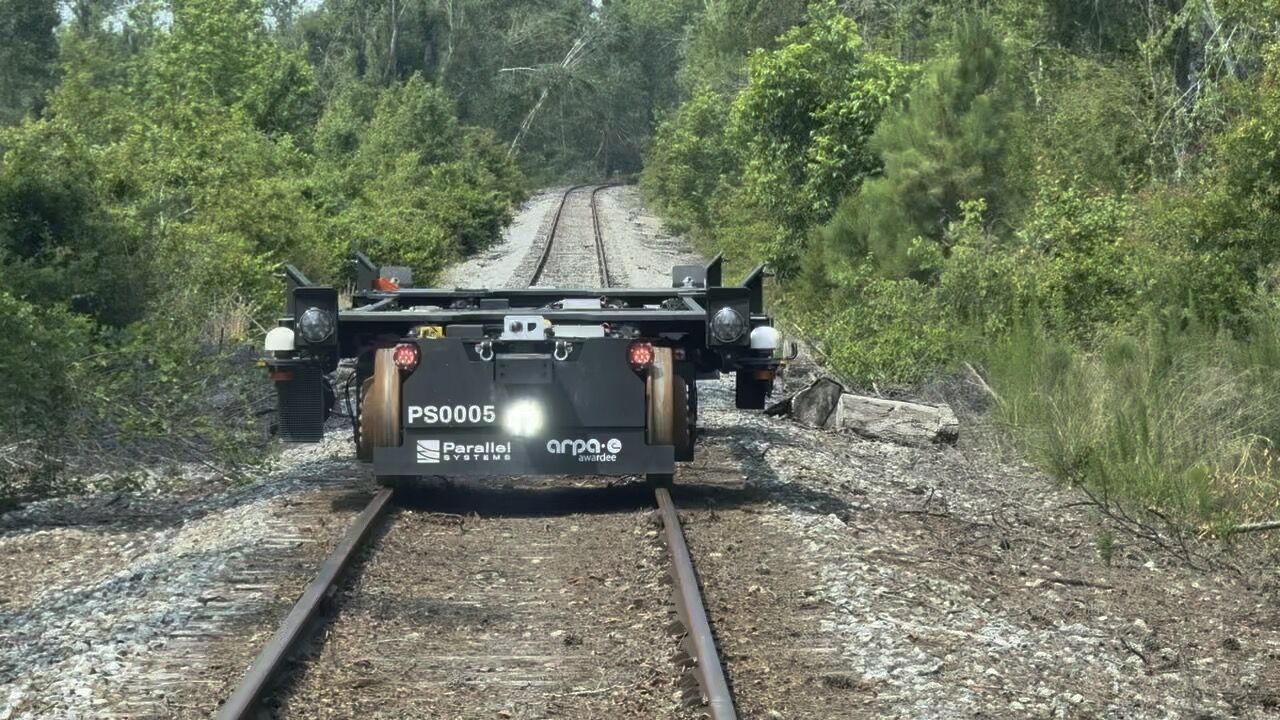
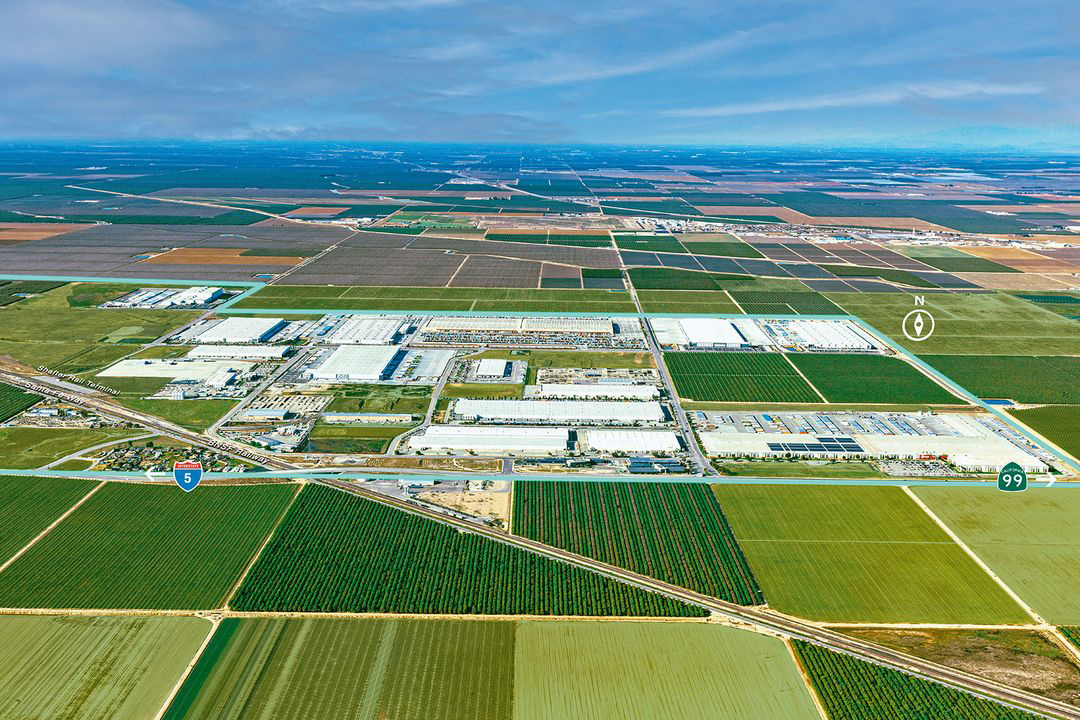
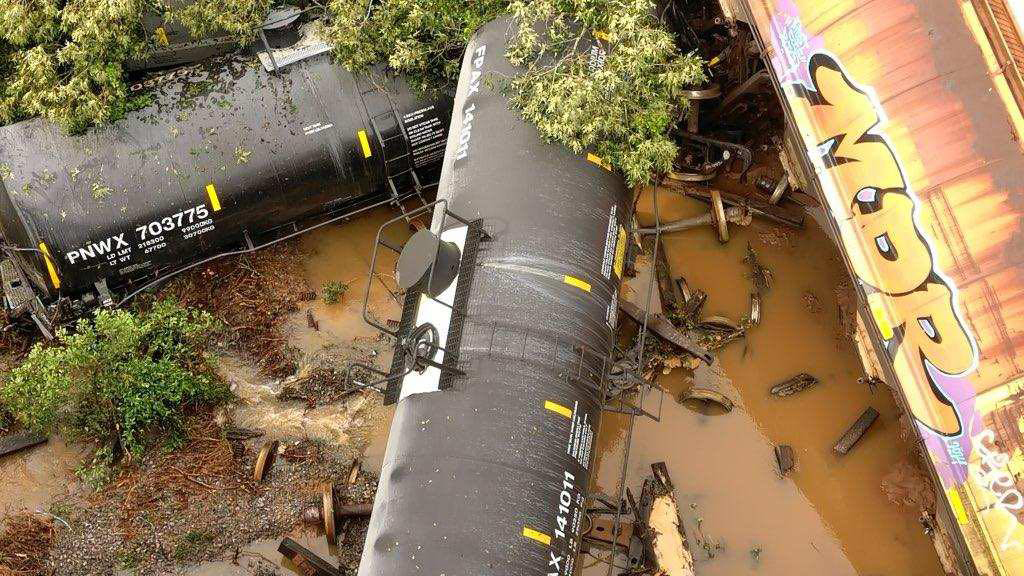
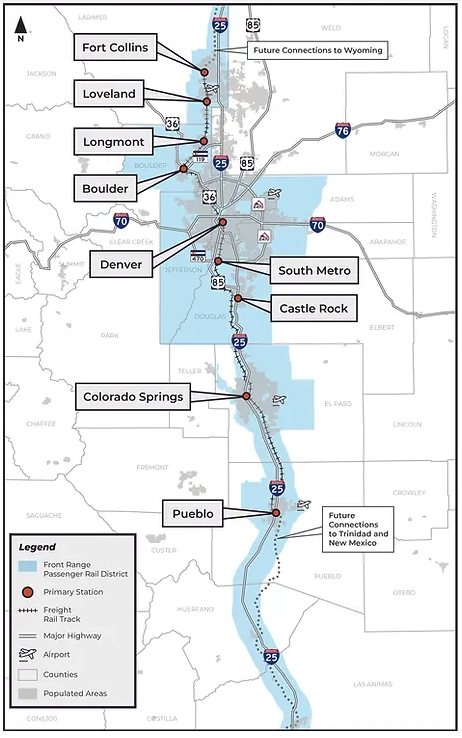




My variant on Mr. Pin’s experience happened on the L&N riding into New Orleans from Mobile. In the 1960s Mississippi was completely dry–although it supposedly collected a transit tax on booze when it entered the state enroute to wherever else it was supposedly destined. But that is not key to my tale–nor is the fact that I wasn’t yet 21.
In any event I had just started to enjoy a beer bought in Alabama as we left Mobile, when I noticed on an adjacent road a “Welcome to Mississippi” sign. I was aware of the prohibition there and asked the bartender (I was on the CRESCENT) if I should bolt my drink. He smiled and said not to worry. The man sitting across from me chimed in, friendly and direct.
“Son, I’m sheriff in Pascagoula. The preachers say don’t drink, but them boys here will vote dry as long as they can stagger to the polls”! He was enjoying a beer as well. He then proceeded to tell the transit tax story. I certainly did NOT challenge anything he said.
Last call came about an hour later, just as we entered (wet) Louisiana.
Back in the day, PA banned alcohol sales on Sundays; NJ did not.
From Princeton Jct NJ to Trenton there was a huge line where the beverage cart had parked so pax could get their beverages before the train entered PA.
If the 18th amendment failed hard, then this decision by New Hampshire is probably also going to fail hard.
‘how local liquor laws apply to railroads’? The 21st Amendment repealing Prohibition generally reserves the regulation of alcohol sales to the states.
Do they bust airlines for serving liquor when flying over New Hampshire?
Good point! What is good for the goose, should be good for the gander.
Everyone will survive somehow. I generally take the bus between Portland and Boston, and it carries as many or more people than the “Downeaster” and they don’t serve liquor and everyone survives the trip just fine. And I might add, they do so faster and with more reliability than on Amtrak.
They also have “Don’t drink and drive” signs along the highways. That doesn’t stop them from putting some major liquor stores with direct access off and on the interstate highways though.
My memory is a bit fuzzy on it, but I believe the 1972 case went all the way to the Supreme Court and that Amtrak won the case, meaning they could sell alcohol regardless of local laws. Anyone else know those details?
I do not know the details but I remember riding the Empire Builder on a Sunday in 1984 across North Dakota and they had to close alcohol sales.
This is a true story: Years ago I was on the PRR “Spirit of St. Louis” somewhere in, I think, Indiana on a Sunday. The Lounge Car attendant said that he could not sell me a drink in that State, on a Sunday. He then asked if I was a regular patron of the railroad, and I said that I was. He said he could offer me a cup of tea. He had Scotch Tea and Bourbon Tea. I opted for the Scotch.
True story. As a kid in Massachusetts, the bakery couldn’t sell bread on a Sunday. Sunday was bagel day for Jewish families. Back then, bagels were only consumed fresh from the oven. A day-old bagel was considered inedible.
On Sundays, the bakery sold 5-cent candy bars for 35 centers with a loaf of bread or some bagels thrown in.
Yes I agree with you. My father told me when he was in the service going through a southern state the car attendant came through an told them to buy two drinks because they were going to go through dry county an he couldn’t sell any drinks for about 30 mins.
What about the Vermonter it pass thru & stops NH
Someone will need to explain to me how local liquor laws apply to railroads while in all other aspects local laws (crew size, train length, grade crossing blockage) local laws are annulled in favor of federal regulation.
Excellent question.
I am not a lawyer, but my understanding is there are legal hurdles for pre-emption that deal with ability of the railroad to conduct interstate commerce without interference. The inability to sell liquor is probably harder to argue impedes interstate commerce opposed to laws that impact operational aspects like crew size and train length…
good one
What a bunch of bureaucratic mumbo-jumbo BS. NH’s official motto is “Live free or die.” I suppose now it will be changed to, “Live free and dry.”
good one